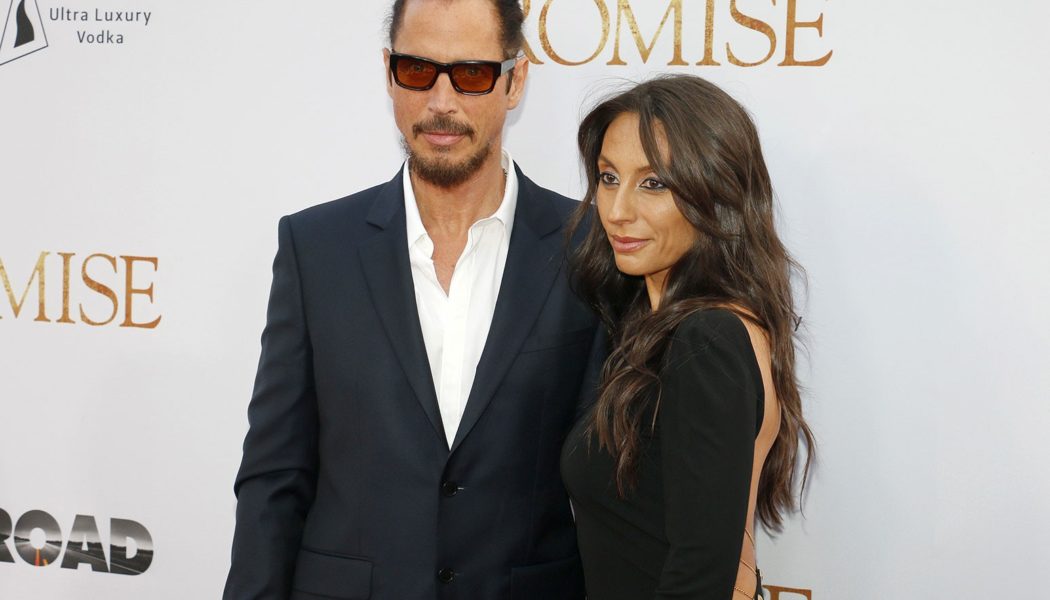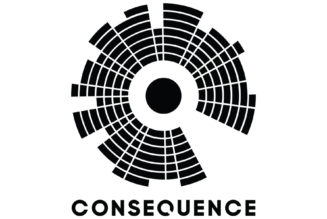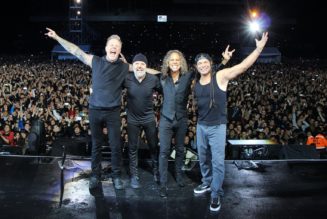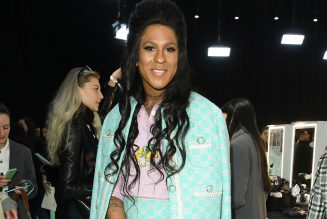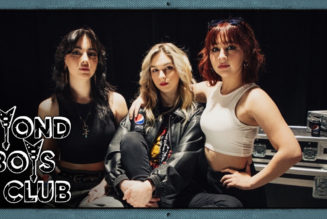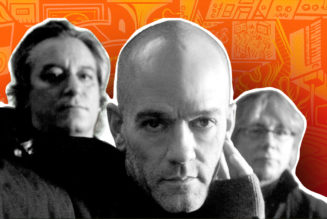
Filed by the Cornells’ lawyer, Melissa Lerner, the motion requested that all documents pertaining to the settlement remain sealed or redacted, citing privacy concerns. Lerner writes that “troubled individuals” have “harassed” the Cornell family in the wake of Chris Cornell’s death, including by threatening the lives of Toni and Christopher.
A lawyer for the Cornells tells Billboard the settlement agreement is still subject to court approval. An attorney for Koblin did not immediately return a request for comment.
Filed in Nov. 2018, the Cornells’ lawsuit claimed that Koblin and his Beverly Hills practice “negligently and repeatedly” prescribed medication to Cornell that clouded his judgment and cognition, leading him to engage in reckless behaviors that ultimately resulted in his suicide by hanging. The suit particularly focused on allegedly excessive amounts of the anti-anxiety medication lorazepam (sold under the brand name Ativan) prescribed to Cornell by Dr. Koblin’s office beginning in Sept. 2015, 20 months prior to his death. It also claimed that Koblin had prescribed the painkiller Oxycodone to the singer.
Key to the Cornells’ lawsuit was their claim that Koblin failed to adequately warn Cornell, who had a history of substance misuse, of the potential risks and side effects of taking the prescribed medications. Vicky Cornell has long upheld that the drugs prescribed by Koblin were the overriding factor in Cornell’s suicide.
Post-mortem toxicology results showed the presence of lorazepam, barbiturates, the sedative butalbital, caffeine and decongestants in Cornell’s system, along with the anti-opioid medication naloxone, which was reportedly administered by medics upon arrival at the Detroit hotel room where his body was found. A corresponding autopsy report determined that drugs were not a cause of death, however.
The Cornell family’s suit against Koblin isn’t the only one stemming from the singer’s untimely death. Vicky Cornell has been locked in a pitched legal battle with the surviving members of Soundgarden over control of Chris Cornell’s recordings, royalties and more after suing the band in Dec. 2019.
